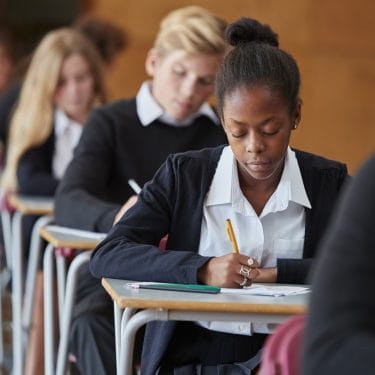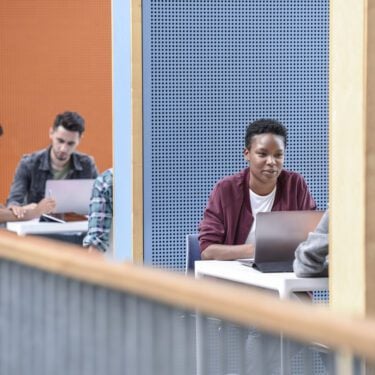
31/07/14
2 min read
Twenty First Century Science – a suite of GCSE courses introduced in 2006 – has not had a negative effect on student progression to A level sciences, according to new research published by the Nuffield Foundation.
Twenty First Century Science aims to provide scientific literacy for all students, as well as solid preparation for further science study for those that will continue to A level. It was developed by the Nuffield Foundation in partnership with the University of York Science Education Group, published by Oxford University Press and awarded by OCR. The development work also received some funding from the Salters’ Institute and the Wellcome Trust. When it was introduced in 2006, concerns were expressed in some quarters that 21CS would have a negative effect on student progression to A level sciences.
The new study shows those fears were unfounded. Commissioned by the Foundation, Dr Matt Homer and Professor Jim Ryder of the University of Leeds examined the impact of 21CS on A level progression using data from 3,000 schools and two cohorts of students. In the first cohort they found slightly higher rates of progression from 21CS but in the second there was no difference in overall progression to post-compulsory science courses between students following 21CS and non-21CS science courses.
They did however identify some small effects within cohorts. For example girls who studied 21CS were slightly more likely to complete A level sciences than those who had studied a different GCSE science course, but for boys, this effect was reversed. And students with Dual Award 21CS were more likely to progress to A level biology than their non-21CS counterparts, but less likely to go on to study physics. These differences, whilst statistically significant, were very small.
GCSEs are now subject to reform, with first teaching of new science courses currently scheduled for September 2016. The University of York team will be working with OCR and OUP to revise the 21CS suite of courses in response to the new specifications. They remain committed to the original ideals behind 21CS: that science education at Key Stage 4 should be structured in such a way as to serve the needs of, and engage all young people, both those who will go on to further study and those who will not.






















































